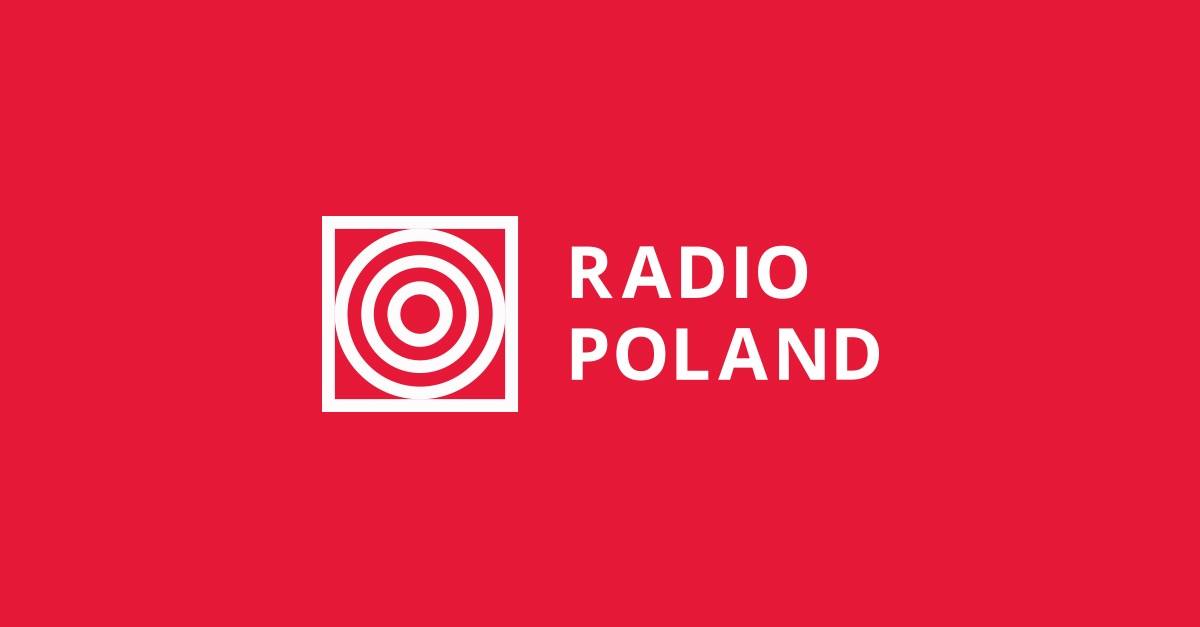Poles can feel safer after this week’s NATO summit in Vilnius, Lithuania, due to the alliance’s new defence plans, a commitment to spend at least 2 percent of GDP on defence, and the imminent accession of Sweden, the Polish prime minister has said.
Polish Prime Minister Mateusz Morawiecki.PAP/Adam Warżawa
Speaking in an interview with public broadcaster Polish Radio on Friday, Mateusz Morawiecki said: „NATO has adopted a new defence strategy, so it’s not only the commitment to defend every inch of Allied territory … but also the new strategy of not waiting for the opponent to attack … a strategy of deterring an attack in the first place.”
Morawiecki noted that, at their summit in the Lithuanian capital this week, NATO allies made a commitment to spend at least 2 percent of their GDP on defence.
„This is another positive outcome of the summit,” he declared.
Morawiecki said in the interview that Poland was continually increasing its defence spending and „we are now NATO’s top defence spender.”
Morawiecki noted that, at their summit in the Lithuanian capital this week, NATO allies made a commitment to spend at least 2 percent of their GDP on defence.
„This is another positive outcome of the summit,” he declared.
Morawiecki said in the interview that Poland was continually increasing its defence spending and „we are now NATO’s top defence spender.”
“Many countries point to Poland as a role model,” he told Polish Radio.
The prime minister also said that Sweden’s upcoming accession to NATO represented “another big benefit” of the Vilnius summit.
He said: “Thanks to Turkey’s approval for Sweden’s bid, NATO will be able to create a security cordon stretching from Finland and Sweden, through the Baltic states and Poland, all the way to Greece on the southern flank. And so the outcome of the Vilnius summit is really very positive.”
‘A big step forward’
Morawiecki also told Polish Radio that “Ukraine’s accession to NATO would boost Poland’s security.”
Ukraine „would be an additional country that strengthens our security and separates us from Russia,” he said.
The Polish prime minister added: “However, NATO makes decisions by consensus and some member countries were more sceptical than others when it comes to Ukraine’s accession.”
He stated: “And so NATO has proposed an arrangement that in my view is positive and, realistically speaking, represents a big step forward.”
NATO leaders meeting in the Lithuanian capital on Tuesday and Wednesday pledged in their Vilnius Summit Communiqué that „Ukraine will become a member of NATO” and that “Ukraine’s path to full Euro-Atlantic integration has moved beyond the need for the Membership Action Plan.”
They also unveiled a multi-year assistance programme “to facilitate the transition of the Ukrainian armed forces from Soviet-era to NATO standards” and established a new NATO-Ukraine Council, as further measures to “bring Ukraine closer” to the alliance, according to officials.
In addition, the Group of Seven major industrialised countries unveiled new security assurances for Ukraine and several NATO allies made fresh pledges of weapons to Kyiv, the PAP news agency reported.
Russia invaded Ukraine on February 24, 2022, launching the largest military campaign in Europe since World War II.
(pm/gs)
Source: PAP, wpolityce.pl, 300polityka.pl, NATO

